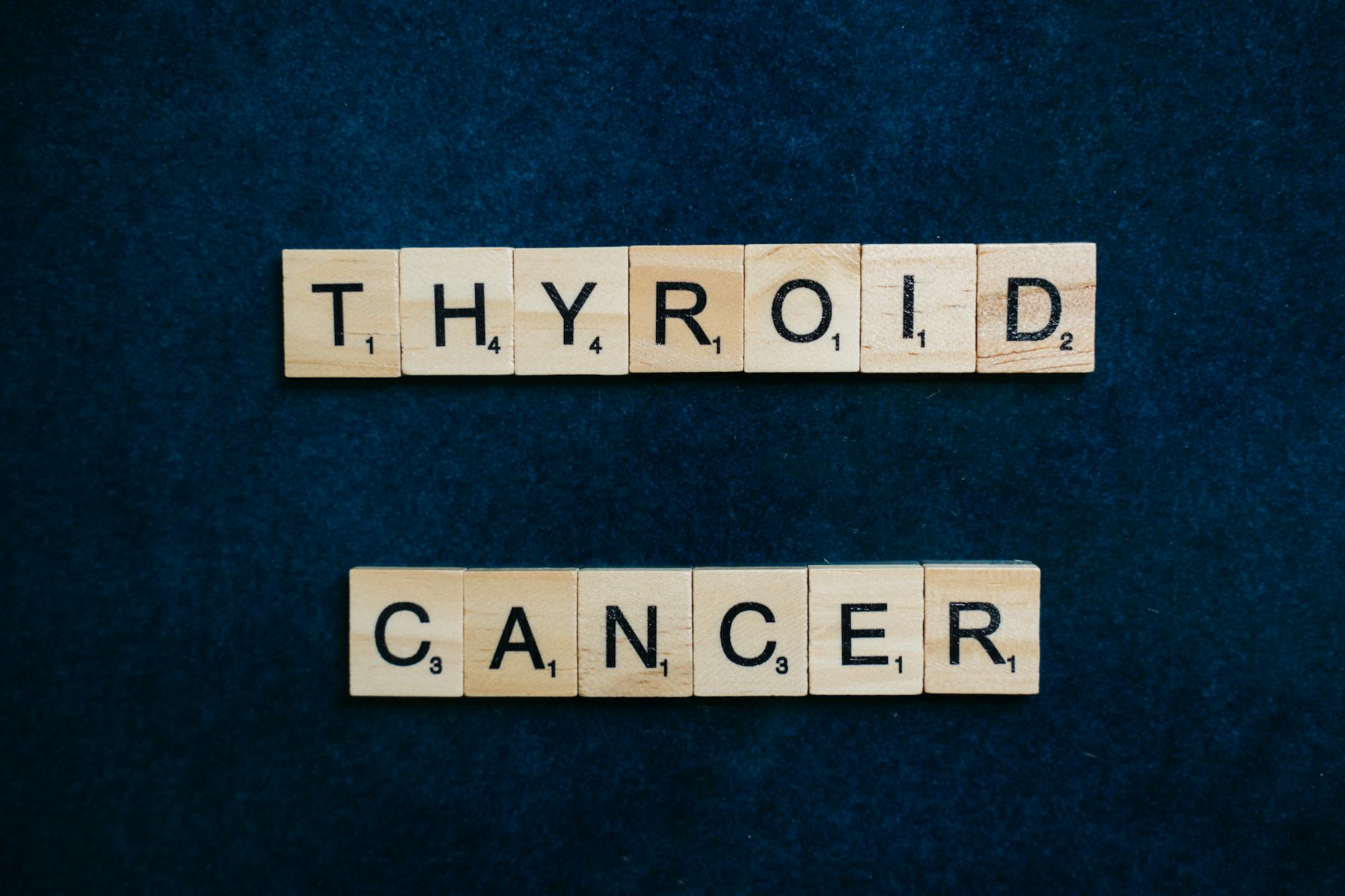Unravel the mysteries of Graves Disease with this comprehensive guide covering its symptoms, causes, and the latest treatment options available.
Table of Contents
Symptoms of Graves Disease
Graves Disease is an autoimmune disorder that primarily affects the thyroid gland. Common symptoms of Graves Disease include:
- Unexplained weight loss
- Increased sensitivity to heat
- Irregular heartbeat
- Fatigue and muscle weakness
- Difficulty sleeping
- Changes in bowel habits
If you are experiencing any of these symptoms, it is important to consult with a healthcare provider for a proper diagnosis.
Causes of Graves Disease
Graves Disease occurs when the immune system mistakenly attacks the thyroid gland, leading to the overproduction of thyroid hormones. While the exact cause of this autoimmune response is not fully understood, factors that may contribute to the development of Graves Disease include:
- Genetic predisposition
- Stressful life events
- Environmental factors
- Gender (women are more likely to develop Graves Disease)
Understanding the potential causes of Graves Disease can help individuals manage their risk factors and take proactive steps towards prevention.
Treatment Options for Graves Disease
Managing Graves Disease typically involves a combination of medical treatments and lifestyle modifications. Common treatment options include:
| Graves Disease | Symptoms | Causes | Treatment |
|---|---|---|---|
| Definition | Weight loss, anxiety, bulging eyes, tremors, fatigue | Autoimmune disorder, genetic predisposition, stress | Medication, radioactive iodine therapy, surgery |
| Prevalence | More common in women, often diagnosed in middle age | Unknown, possibly related to immune system dysfunction | Depends on individual response to treatment |
| Diagnosis | Blood tests, physical examination, imaging tests | Family history, smoking, exposure to radiation | Regular monitoring, adjusting treatment as needed |
| Complications | Heart problems, eye issues, thyroid storm | Uncontrolled hormone levels, poor treatment compliance | Close monitoring, prompt intervention |
- Antithyroid medications to regulate hormone levels
- Beta-blockers to alleviate symptoms such as irregular heartbeat and tremors
- Radioactive iodine therapy to reduce thyroid activity
- Thyroid surgery in severe cases
In addition to medical interventions, individuals with Graves Disease are advised to maintain a healthy diet, manage stress levels, and engage in regular physical activity to support overall thyroid health.
Conclusion
Graves Disease can have a significant impact on an individual’s quality of life, but with proper diagnosis and management, it is possible to effectively control the symptoms and prevent complications. By staying informed about the symptoms, causes, and treatment options for Graves Disease, individuals can take proactive steps towards better thyroid health and overall well-being.
FAQ Section
Can Graves Disease be cured completely?
While there is no cure for Graves Disease, it can be effectively managed through medication, radioactive iodine therapy, or surgery to control symptoms and regulate hormone levels.
Is Graves Disease hereditary?
While the exact cause of Graves Disease is not fully understood, there is evidence to suggest a genetic predisposition may play a role in its development.
How is Graves Disease diagnosed?
Diagnosis of Graves Disease typically involves blood tests to measure hormone levels, a physical examination, and imaging tests such as ultrasound or a thyroid scan.
Are there any long-term complications associated with Graves Disease?
Untreated or poorly managed Graves Disease can lead to complications such as heart problems, eye issues, and thyroid storm. It is important to seek regular monitoring and prompt intervention to prevent these complications.





